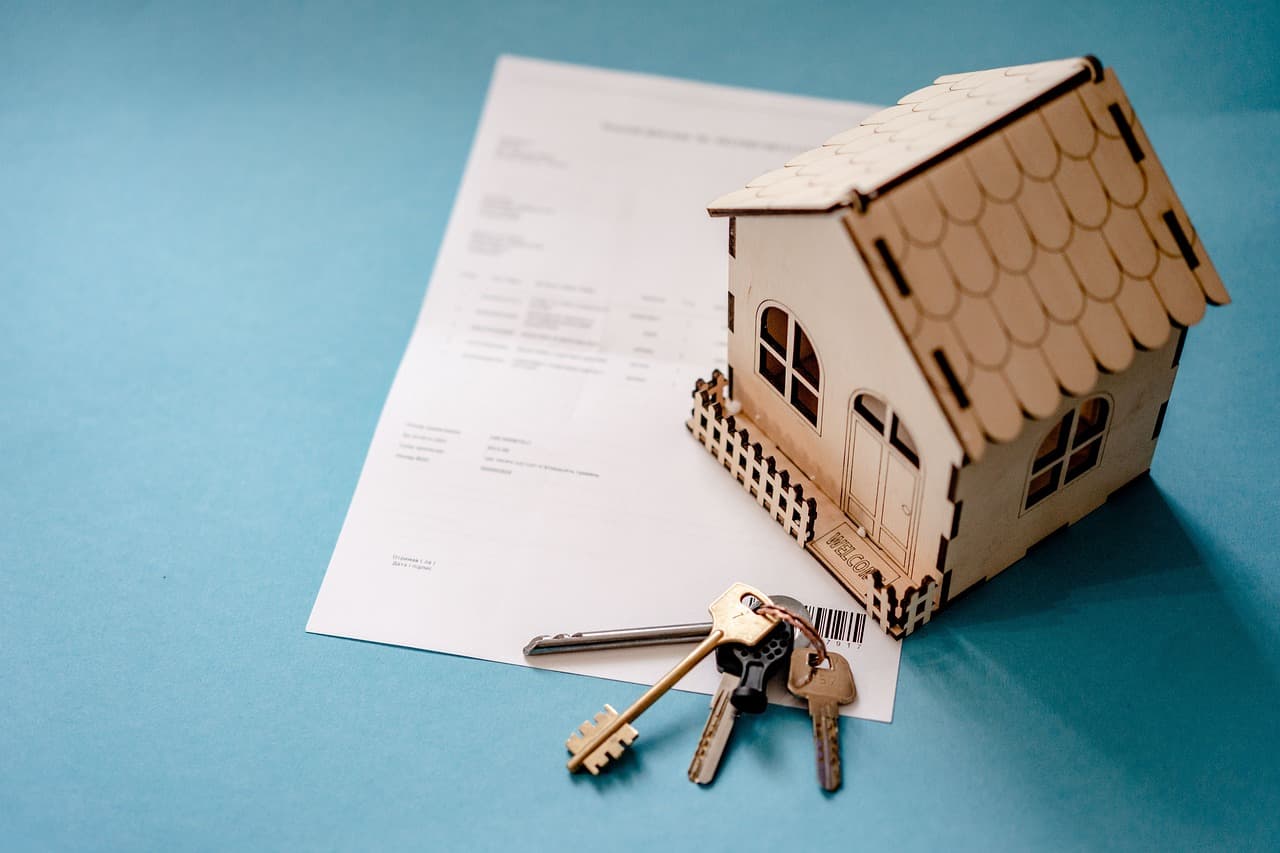
According to a study conducted by Easy file, a public file management service, nearly one French person out of 2 says they are ready to falsify their rental file to obtain housing. A frightening statistic, it shows that documentary fraud also affects the real estate sector. What do we mean by real estate fraud? What are the impacts of documentary fraud in real estate? We tell you more!
Real estate fraud is the use of deceptive means to get a financial advantage from a real estate transaction.
Real estate fraud can take different shapes. We are thinking, for example, of the falsification of documents, identity theft, but also of price manipulation.
The big problem with real estate fraud? It can affect all parties involved in a transaction.
So, with the Rising real estate prices And the decrease in market supply, cases of fraud are multiplying. They train financial losses considerable and have a significant impact on reputation of real estate agencies.
What are the different types of fraud? Let's see that in the rest of this article!
Rental fraud is the most common in the real estate industry. In fact, according to Lagenceblue, 67% of renters falsify their rental records for housing.
This type of fraud can take various forms, but it is above all possible thanks to document fraud. Modified pay slips, false deposit addresses, forged identity documents, tampered tax notices, the alterations are numerous and allow fraudsters to have the best possible record. They can then get housing that they wouldn't normally be eligible for because of their credit history, employment status, or past tenant history.
Sales fraud particularly affects real estate buyers.
How? The dishonest salesmen conceal major flaws in proprietorship such as structural problems or hidden defects. In a very simple way, they modify a property title, a sales contract or an Energy Performance Diagnosis (DPE) to mislead the buyer about the real characteristics of the property. By omitting to mention certain flaws, sellers hope to close their sale at a higher price.
Credit fraud is a common practice in the field of document fraud.
At the time of applying for credit, the borrower falsifies a document, such as his tax return, in order to obtain a larger sum.
If their request for an overvalued loan works, the fraudster then takes advantage of the opportunity to:
Tax evasion refers to any action aimed at evading or minimizing, in an illegal manner, tax obligations related to real estate transactions.
Tax evasion takes a variety of forms, including:
Fraudsters, who use this technique, seek to obtain title documents for high-value real estate. Afterwards, their aim is to sell them illegally or to obtain fraudulent mortgages using these assets as collateral.
To learn more about the types of fake documents in general, read our article on the subject: What are the different types of false documents?
Like all types of fraud, real estate falsification leads to significant financial losses. The problem in this sector is that the targets affected are multiple. There are buyers, sellers, owners, tenants, tenants, real estate agencies, lenders and any other party involved in the transaction.
Cases of real estate fraud can cause significant damage to the reputation of real estate agencies And financial institutions involved. This undermines their credibility and their trust with the public.
Fraudulent real estate transactions easily lead to expensive legal disputes between the parties concerned. Often Longs and difficult to adjust, these disputes are quickly binding for real estate agencies.
To avoid entering into legal disputes, use Finovox and unmask potential alterations in the documents sent to you. Interested?
Real estate fraud can have a negative impact on the real estate market. She creates Uncertainty, reduces investor confidence and Influences real estate prices.
It therefore represents a major risk for the stability and integrity of the real estate market.
To fight against real estate fraud, there are numerous tools for detecting false documents. Based on artificial intelligence, these technologies make it possible to verify the consistency of the information in a document.
To help you fight against these falsifications in the long term, Finovox has set up software to detect false documents. Combining artificial intelligence and mathematical algorithms, the solution prevents fraud attempts and minimizes your company's financial losses.
When you receive a rental file from a potential tenant, Finovox ensures that the documents are compliant and that they have not been falsified.
Using Finovox means reducing document fraud in your company by 6!
Do you want to avoid fraud thanks to Finovox? Do not hesitate to contact our experts.